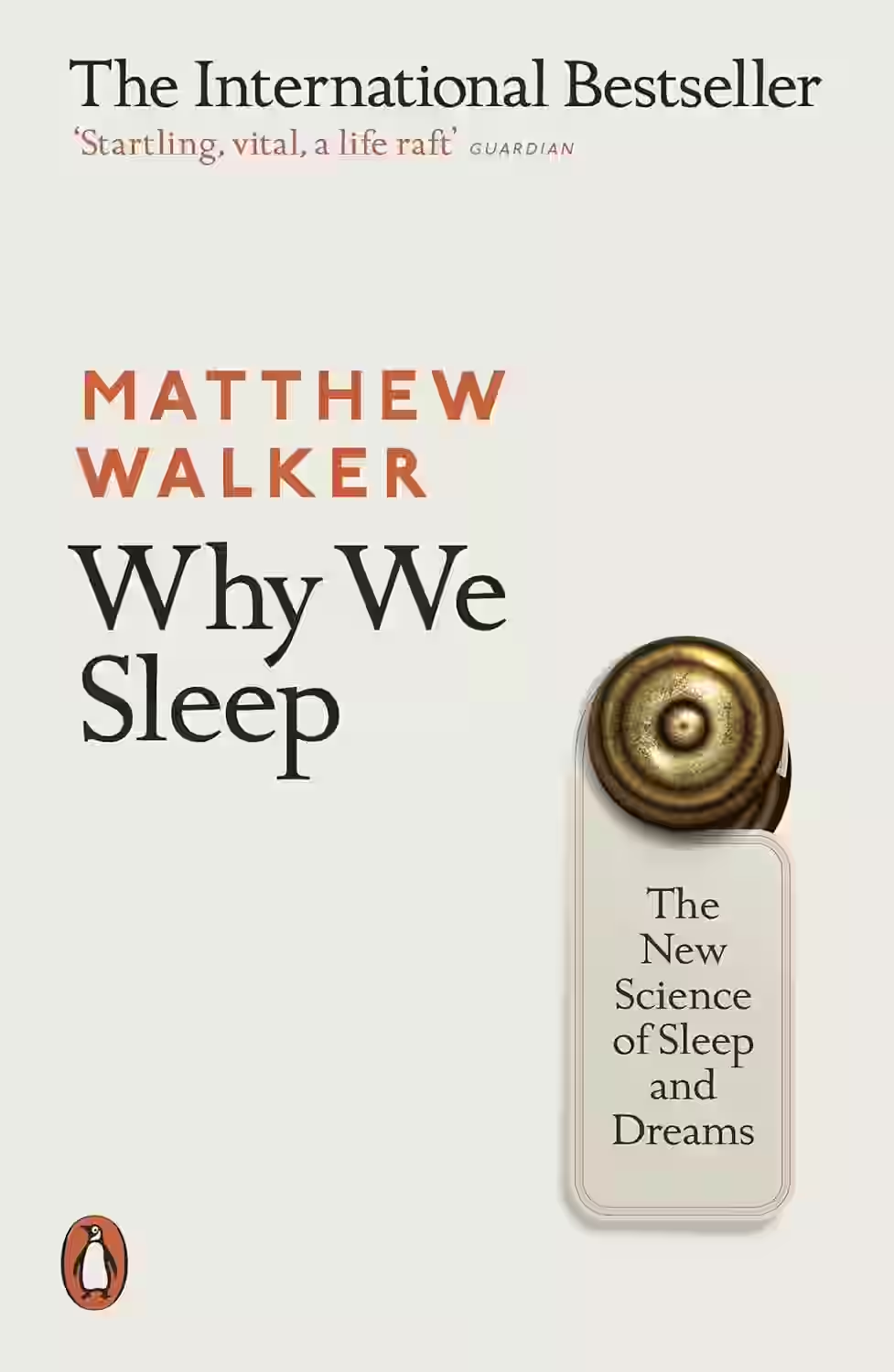
In Why We Sleep, neuroscientist Matthew Walker provides a compelling look at the critical role sleep plays in our health and well-being. Backed by cutting-edge science, he explains how sleep affects memory, creativity, immune function, emotional stability, and longevity. Walker also examines the consequences of chronic sleep deprivation and offers practical tips for improving sleep hygiene. Written in accessible language, the book demystifies sleep’s biological purpose and underscores its importance as a pillar of mental and physical health. A wake-up call for modern society, Why We Sleep champions rest as essential, not optional, for a thriving life.
About Matthew Walker
Matthew Walker is a British neuroscientist and sleep expert, renowned for his research on the science of sleep. He is a professor of neuroscience and psychology at the University of California, Berkeley, and the founder of the Center for Human Sleep Science. Walker’s bestselling book Why We Sleep brought public attention to the vital role of sleep in mental and physical health. His work covers how sleep affects learning, memory, mood, immune function, and longevity. A passionate communicator, Walker has appeared in numerous interviews, podcasts, and documentaries, helping transform how society views sleep—from a luxury into a biological necessity.
Similar Books
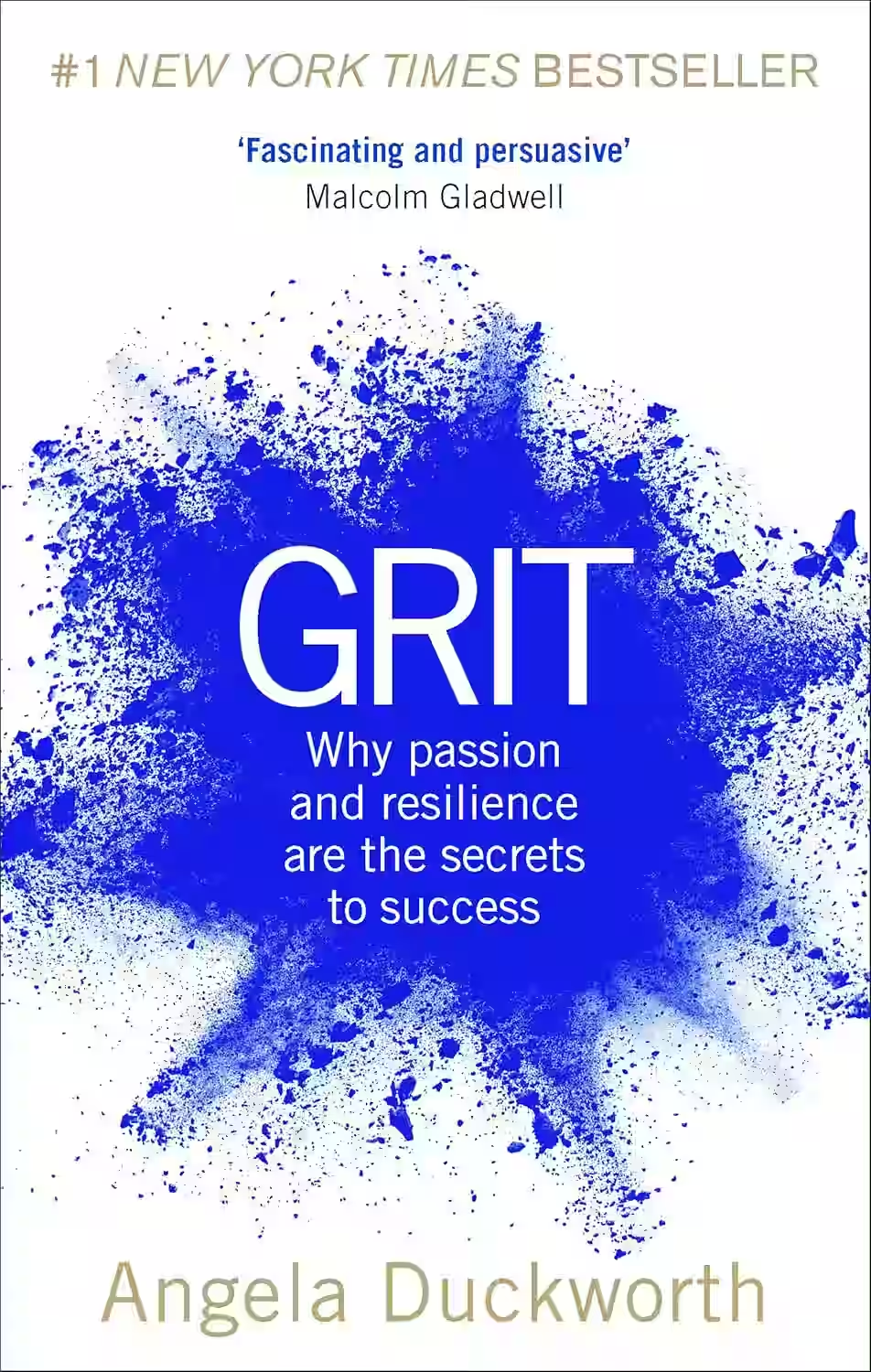
Grit
In Grit, psychologist Angela Duckworth explores why talent alone doesn’t predict success—grit does. Based on her research, Duckworth argues that sustained passion and persistent effort matter more than innate ability. She shares stories of high achievers from diverse fields, showing how resilience, long-term focus, and consistent hard work lead to exceptional outcomes. The book combines personal anecdotes, scientific studies, and practical strategies to help readers develop grit in their own lives. Duckworth’s insights challenge the myth of overnight success and inspire readers to pursue their goals with tenacity, regardless of obstacles or setbacks.
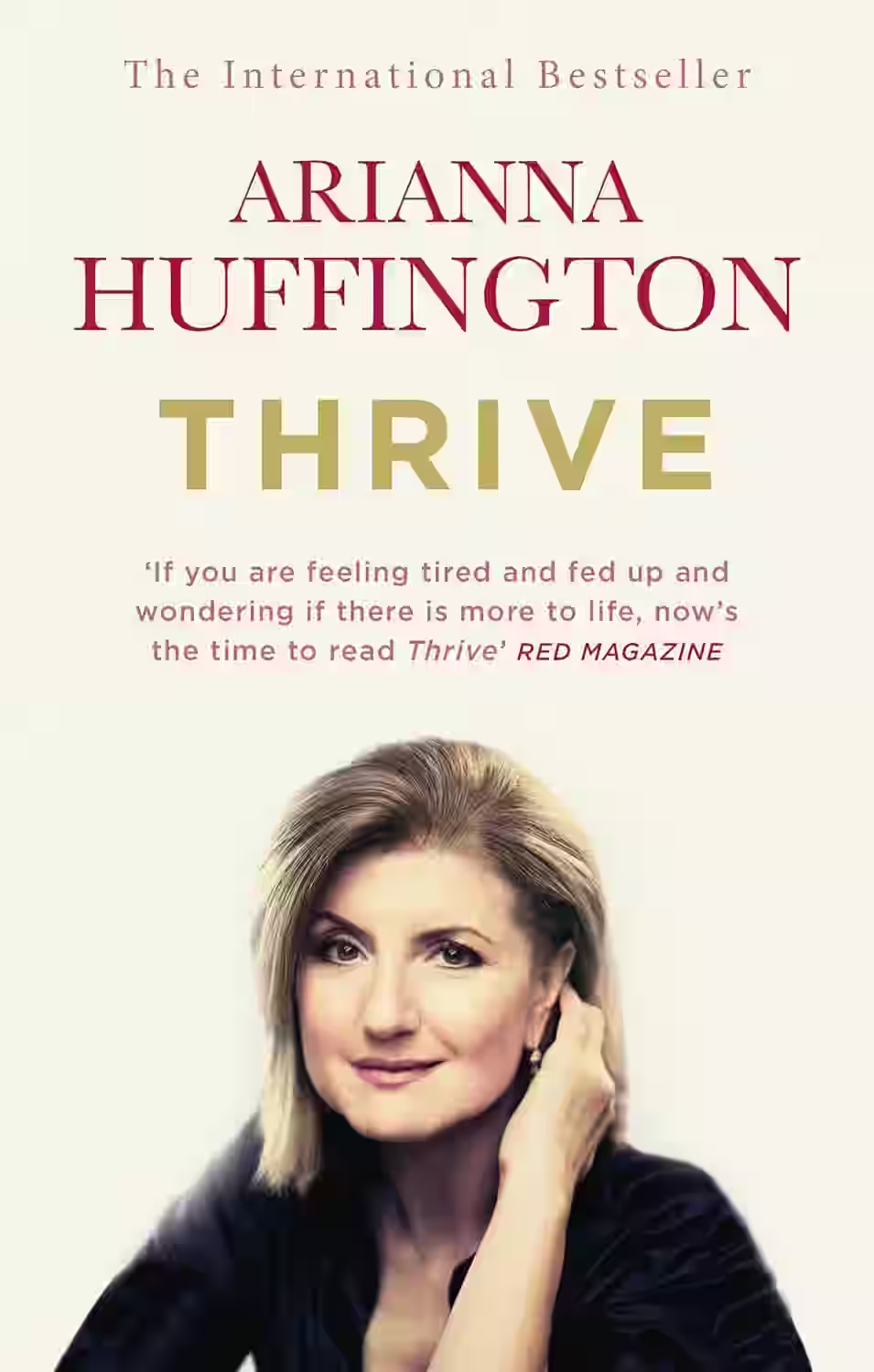
Thrive
In Thrive, Arianna Huffington redefines success beyond wealth and power, proposing a third metric rooted in well-being, wisdom, wonder, and giving. Drawing from research and her own life, she argues that burnout and stress are not badges of honor but symptoms of a misguided culture. The book explores mindfulness, sleep, gratitude, and compassion as essential to living a fulfilling life. Huffington weaves personal anecdotes with scientific insights to promote a more holistic vision of success—one that nurtures both the self and the community. Thrive serves as a call to prioritize what truly matters in a fast-paced world.
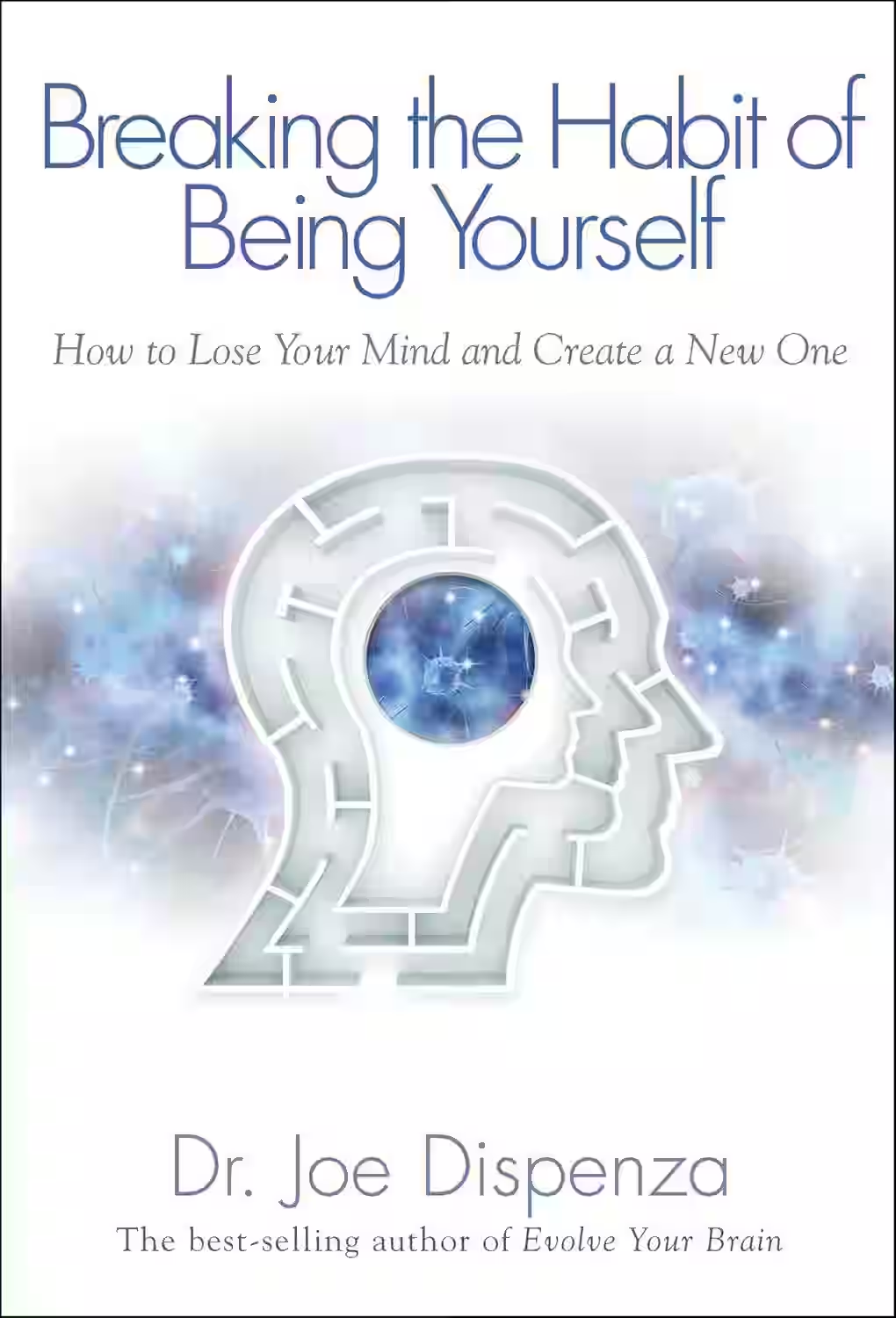
Breaking the Habit of Being Yourself
by Joe Dispenza
Dr. Joe Dispenza’s Breaking the Habit of Being Yourself combines neuroscience, quantum physics, and psychology to teach readers how to reprogram their minds. The book argues that thoughts shape reality and that changing habitual thinking patterns can lead to personal transformation. With meditation techniques and cognitive strategies, Dispenza outlines how to shift from unconscious living to deliberate creation. It appeals to readers interested in self-healing, manifestation, and aligning their mindset with desired outcomes.
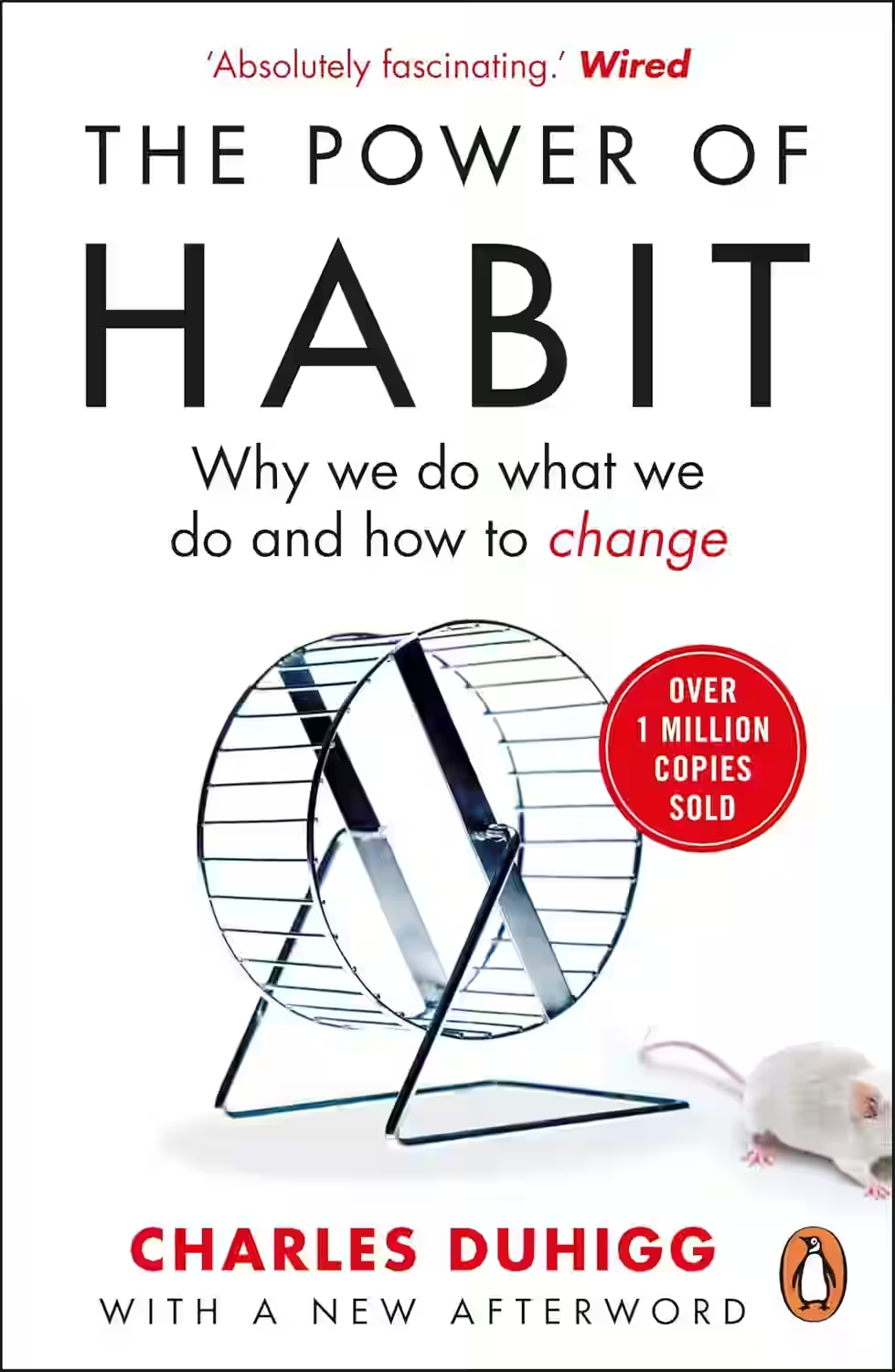
The Power of Habit: Why We Do What We Do in Life and Business
In 'The Power of Habit: Why We Do What We Do in Life and Business,' author Charles Duhigg delves into the science of habit formation and how habits impact nearly every aspect of our lives. Through insightful anecdotes and research, Duhigg explores how habits operate within individuals, organizations, and societies, shedding light on how they can be transformed to achieve personal and professional success. The book offers practical strategies for changing habits, emphasizing the importance of identifying cues, routines, and rewards to bring about lasting behavior change. With its engaging narrative and actionable advice, 'The Power of Habit' is a compelling read for anyone looking to understand the psychology behind their actions.